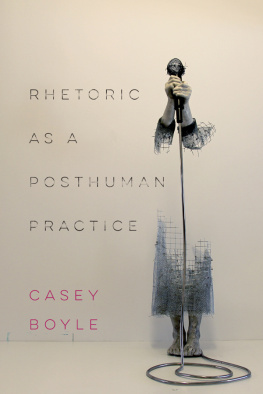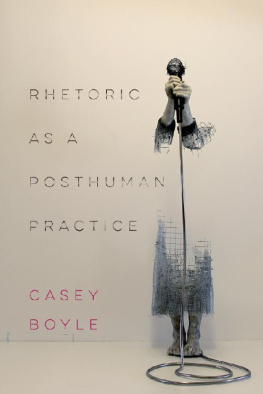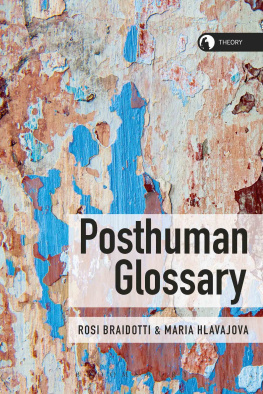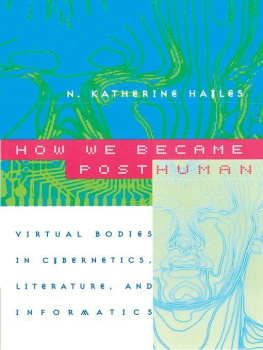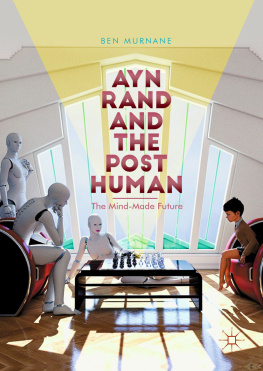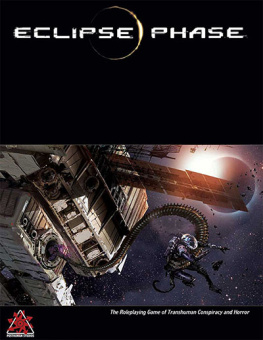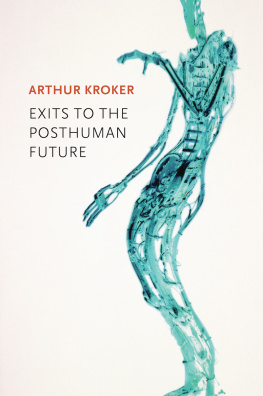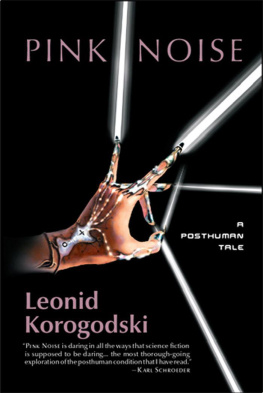Copyright 2018 Fordham University Press
All rights reserved. No part of this publication may be reproduced, stored in a retrieval system, or transmitted in any form or by any meanselectronic, mechanical, photocopy, recording, or any otherexcept for brief quotations in printed reviews, without the prior permission of the publisher.
Fordham University Press has no responsibility for the persistence or accuracy of URLs for external or third-party Internet websites referred to in this publication and does not guarantee that any content on such websites is, or will remain, accurate or appropriate.
Fordham University Press also publishes its books in a variety of electronic formats. Some content that appears in print may not be available in electronic books.
Visit us online at www.fordhampress.com.
Library of Congress Cataloging-in-Publication Data available online at https://catalog.loc.gov.
Printed in the United States of America
20191854321
First edition
Am I not a man and a brother? the eighteenth-century abolitionist motto demands. This question is meant to be rhetoricalto indict a blindness to ones fellow human so obscene that today, as Hortense Spillers notes, it might be denied, point blank, as a possibility for anyone , except that we know it happened.
In this book, I argue that the ideological struggle over slavery in antebellum America was one that contested not just the constituency of humanity (who qualifies?) but also the meaning of the human as such. That is, I suggest that to understand the true stakes of the fight for recognitionand of the ferocity with which that recognition was deniedwe must be alert to the fact that the antebellum debate over Black humanity unfolded at a time when the definition of human being was in flux, destabilized by the rise of a newly empirical episteme. At the dawn of the nineteenth century, Western culture had, for centuries, defined human being by contrast to its material body, identifying the mark of humanity in mankinds supposedly transcendent freedom from material causalitya moral autonomy guaranteed by the uniquely ensouled or rational nature of the human. Indeed, in the late eighteenth century, this faith in humanitys inherent autonomy from nature fueled democratic revolutions in the United States, France, and Haiti by underwriting popular appeals to mankinds universal right to freedom. As Michel Foucault argues, however, in this same late eighteenth-century moment a very different conception of human being was also beginning to take shape and transform this Western episteme of Man. The late eighteenth century thus marks the onset of a new volatility in the Western conception of the human. Just as democratic revolutions began to enshrine the principles of liberal humanism, promising to extend rational subjecthood to all man- (and possibly woman-) kind, the burgeoning of empirical discourse was proliferating a new episteme that threw humanitys rational freedom into question.
Of course, the rough timeline I have just sketched indicates that this epistemic upheaval would have been already well under way by the midnineteenth century, the period on which this book focuses. Indeed, as studies by Jonathan Kramnick, Alan Richardson, and Justine Murison demonstrate, materialist discourses of mind circulated widely across a range of philosophical, literary, and popular outlets in eighteenth- and early nineteenth-century Anglo-American culture. But although the queasy coexistence of liberal and biological epistemes was therefore no longer news in the antebellum era, this study proposes that the antebellum moment in America nonetheless marks an important point of inflection in the ongoing rearticulation of the human. In these years, the intensifying debate over U.S. slavery triggered a popularization of racial science that charged biological accounts of the human with newly explosive political significance. As Americans increasingly turned to the body for ostensibly objective empirical proof of the slaves inherent equality or inferiority, the problem of human materiality was thrust to the center of midcentury politicaland, as we shall see, literaryconcern.
The advent of immediatist abolitionism in the 1830s and the ensuing intensification of antislavery sentiment in the North put mounting pressure on proslavery apologists to justify their support for the embattled institution, and in their efforts to do so slaverys advocates increasingly looked to what we now know as modern, biological racism. By the 1850s, the center of gravity in the debate over U.S. slavery had noticeably shifted from the question of whether it is morally acceptable to enslave a human being toward the question of whether Black bodies should be considered fully human in the first place. Whereas the former questionis slavery humane ?is a moral one referred to the consciences of voting Americans, the latter questionare Black humans really human ?was increasingly understood to be an empirical question upon which science alone has the right to pronounce. On the face of things, this appeal to empirical analysis merely redirects the central question of Black recognition ( Am I not a man and a brother ?) from voters consciences to scientific analysis. But in fact, as this study contends, this redirection fundamentally alters the stakes of the question at hand. For to refer the question of the Black bodys humanity to science is to presume that humanness is a quality best determined by the sort of features that science is equipped to investigateit is, in other words, to assume that human being is ultimately defined by corporeal (material or empirically demonstrable) as opposed to moral features. Thus the embodied episteme of human being implicit in the latter version of the question (is the Black body human ?) can be understood to index a broader cultural transformation. If the spike in racial sciences popular authority in antebellum discourse suggests an intensification of racist antipathies, it moreover also signals the ascent of a new, materialist conception of the human that brought with it the promiseor the threatof newly materialist, nonhumanistic ethical imaginaries.
This study therefore suggests that by the 1850s, the problem of recognition had subtly but profoundly changed. In this decade, the struggle for the recognition of Black humanity opened onto an even more elemental disagreement about the meaning or stakes of that recognition, as liberal and biological epistemes competed to define the nature of human being as such. In light of this epistemic revision, we can begin to see how racism functioned, in the antebellum context, not simply to dehumanize Black Americans but moreover to justify indifference to the fact of Black humanity. For under its empirical redescription, (biological) humanness strictly vouches for a basic physiological commonality across the human species that makes no definite claim about the moral equality of all members. To recognize a Black bodys speciological humanity, then, need not entail acknowledging her moral equivalence to other humans (her full humanity). And thus we underestimate biological racism when we treat it as strictly an exclusionary logica rationale for refusing to recognize the humanity of ones fellow human. More radically, the spread of biological racism indexed the advent of an empirical reconceptualization of the human which, as the chapters to follow will investigate, posed a variety of acute challenges to the moral significance of human belonging and to the conception of human being enshrined, at least in theory, in American liberal democracy. Our analyses of the debate over slavery therefore cannot afford to stop at the politics of recognition: the fight for recognition presumes the integrity of a liberal humanist conception of the human that was increasingly destabilized by the rise of biological discourse in the late eighteenth and nineteenth centuries, and by the new forms of racism that surged out of this empirical turn.



